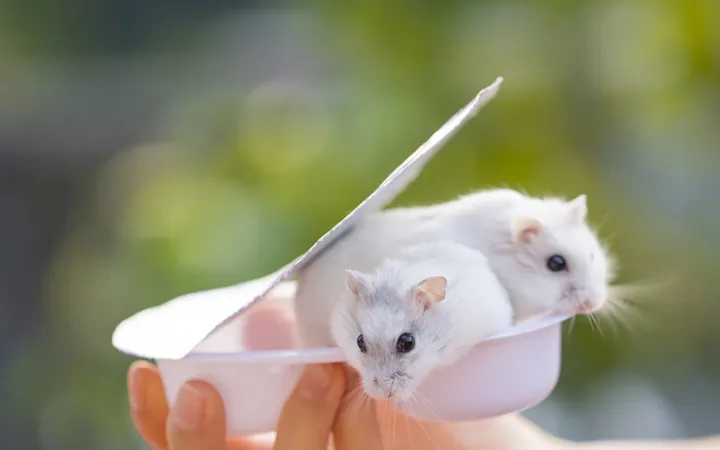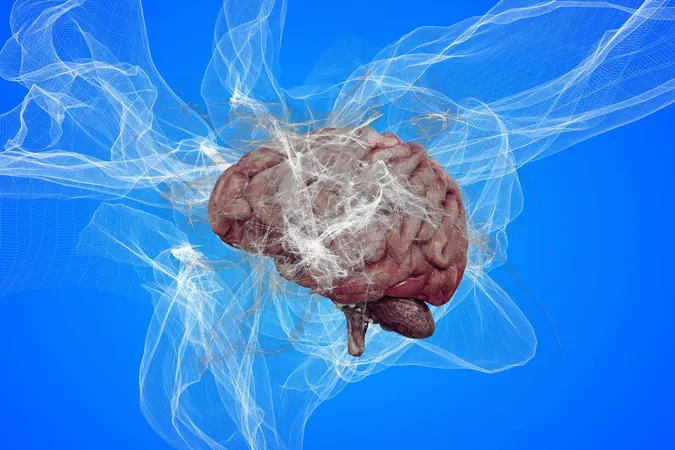
Revolutionary Breakthrough: Scientists Create Fertile Mice from Two Males!
2025-07-02
Author: Emma
In an astonishing leap for reproductive science, Chinese researchers have successfully created fertile mice using genetic material from two male subjects. This groundbreaking study, published in the *Proceedings of the National Academy of Sciences (PNAS)*, could set the stage for transformative advancements in fertility medicine and genetic research.
Led by the innovative Professor Yanchang Wei, the team achieved this remarkable feat by injecting sperm from two male mice into an egg that had its maternal DNA removed. They utilized an advanced technique known as epigenome editing, which fine-tunes gene functions without altering the underlying DNA sequence.
"Our aim was to enhance the development of androgenetic embryos by restoring essential epigenetic controls," explained the researchers. Out of 259 embryos transferred into surrogate females, a mere three pups were born, with only two surviving into adulthood. Nevertheless, both of these resilient mice demonstrated normal reproductive capabilities, underscoring their health and fertility.
This pioneering work addresses the challenges of genetic imprinting, a chemical process that dictates gene activation depending on the parent of origin. Typically, this imprinting is balanced between maternal and paternal genes, but when both sets derive from the same sex, it leads to developmental issues. While scientists managed to create viable embryos using two female mice back in 2004, replicating a similar achievement with two males had remained a formidable challenge.
Wei's team overcame this hurdle by effectively targeting and modifying seven critical imprinting control regions (ICRs), crucial for successful development. Although the results are promising, experts caution that the path to applying these techniques to human embryos is fraught with ethical dilemmas and regulatory challenges.
"Although our efficiency is currently low, this discovery could be a pivotal step towards achieving mammalian androgenesis," the research team acknowledged. However, the road ahead is filled with uncertainty; the low success rate and multitude of ethical considerations mean that human application remains a distant prospect.
Stay tuned as this fascinating journey unfolds – the future of genetic science is here, and it’s just getting started!









 Brasil (PT)
Brasil (PT)
 Canada (EN)
Canada (EN)
 Chile (ES)
Chile (ES)
 Česko (CS)
Česko (CS)
 대한민국 (KO)
대한민국 (KO)
 España (ES)
España (ES)
 France (FR)
France (FR)
 Hong Kong (EN)
Hong Kong (EN)
 Italia (IT)
Italia (IT)
 日本 (JA)
日本 (JA)
 Magyarország (HU)
Magyarország (HU)
 Norge (NO)
Norge (NO)
 Polska (PL)
Polska (PL)
 Schweiz (DE)
Schweiz (DE)
 Singapore (EN)
Singapore (EN)
 Sverige (SV)
Sverige (SV)
 Suomi (FI)
Suomi (FI)
 Türkiye (TR)
Türkiye (TR)
 الإمارات العربية المتحدة (AR)
الإمارات العربية المتحدة (AR)